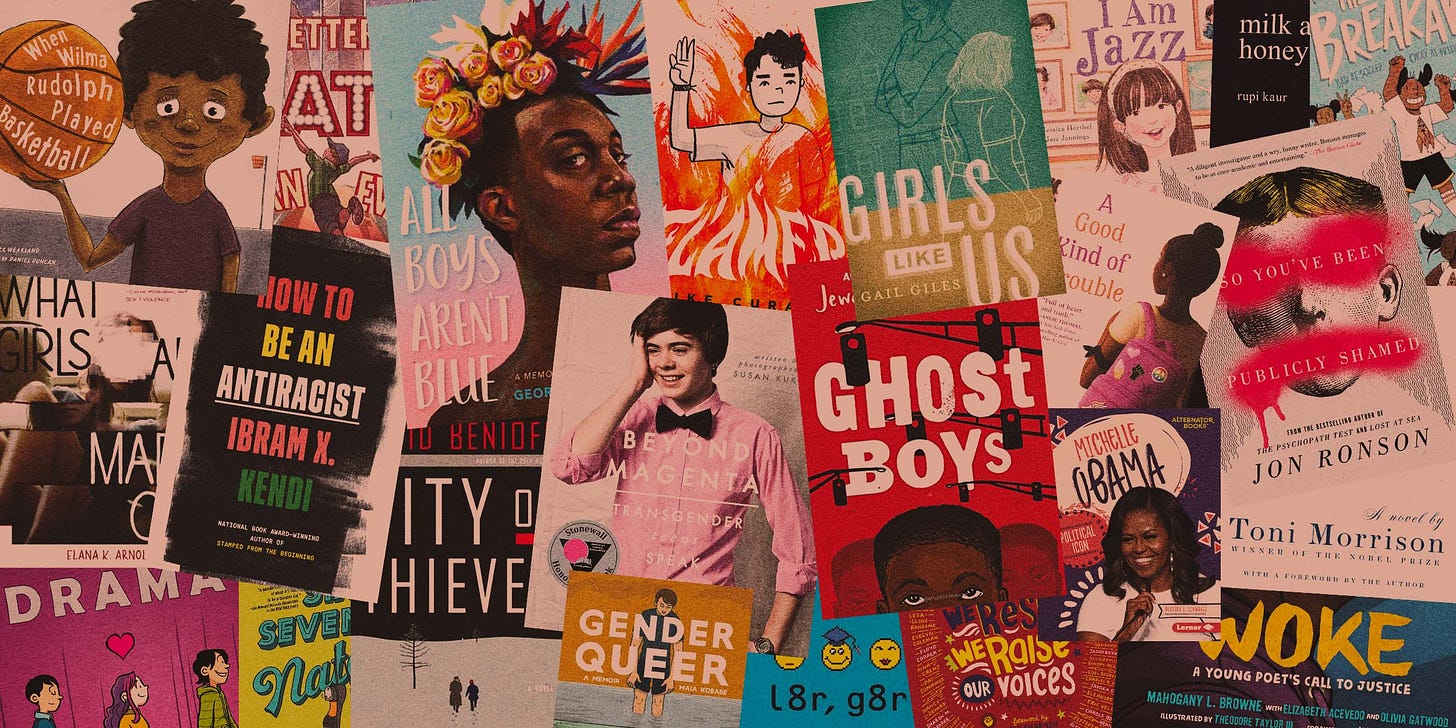Reading Between the Marginalized Lines: Book Banning is at an All-Time High Impacting Black and LGBTQ+ Authors
The American Library Association's Office for Intellectual Freedom marked the largest number of book challenges in schools and libraries in 2021 - what does this mean for marginalized writers.
There is often a misconception about young people and their embrace of literature, and that misconception is that young people are not into reading. As someone who has worked as a creative writing teaching artist for the past 15 years, I can attest that young people are into reading - what they are not into is reading books, essays, articles or any type of literature that bears little to no relevance in their lives. So much of adolescents is about young people understanding, processing and shaping their identity, therefore it is no surprise when they gravitate toward cultural offerings that provide representation. The act of leisurely reading/engaging with literature is fluid for many young people. Which is to say analyzing various captions on TikTok can be just as, if not of much higher importance to a young reader, than mandated reading from English-Lit classes.
Interestingly enough, our reading patterns do not change much when we become adults. Discounting pertinent, must-know information, we generally read things that are of personal interest to us as it pertains to reading for leisure. This is why the persistent culture war that [mostly] conservative politicians have waged over books they feel have no place in the public sector is such a, no pun intended, red flag. Because the literature they are most adamant about banning is reflective of identities and lived experiences they don’t identify with - therefore it is literature that must be bad for society as a whole, and especially problematic for young, impressionable readers.
Oppression is also fluid in its application and the campaign around removing certain books from the public sphere is just another way to marginalize would-be readers by telling them their stories being told does not matter. And in the past year, this specific brand of marginalization is more pronounced than its ever been, despite a public that largely opposes the idea of any literature being inaccessible.



